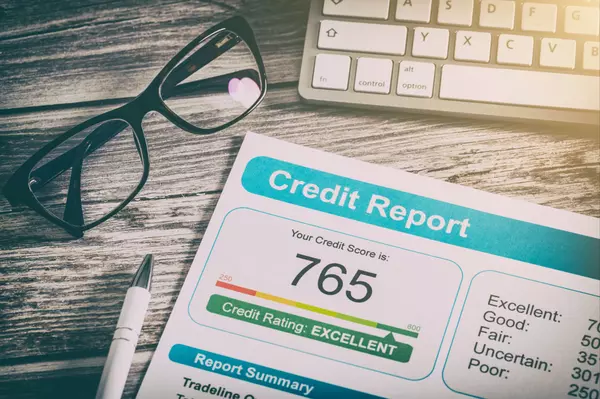
Become A Solo Mortgage Mogul
When you were growing up, there were probably certain milestones that you imagined you would reach in your adult life that would be momentous and important. Falling in love and getting married are on that list of milestones for most people, as is the dream of one day owning your own home. As the age

Boost Your Credit & Your Monthly Mortgage Payment
Some people are under the mistaken impression that you must have good (or even great) credit in order to buy a house. That’s truly not the case — there are plenty of opportunities for people with poor credit to start on the journey toward homeownership and end with a set of keys to their very own ho
Categories
Recent Posts

Blueprint to Bricks: Widow Walks

Selling A House with Tenants

Become A Solo Mortgage Mogul

Boost Your Credit & Your Monthly Mortgage Payment

Shopping for Vacation Rental

Is Rent-to-Own Ever Worth It?

Maximize Your Living Space

Don't Test the Market, Rule the Market

Help Your Neighborhood & Community Thrive

